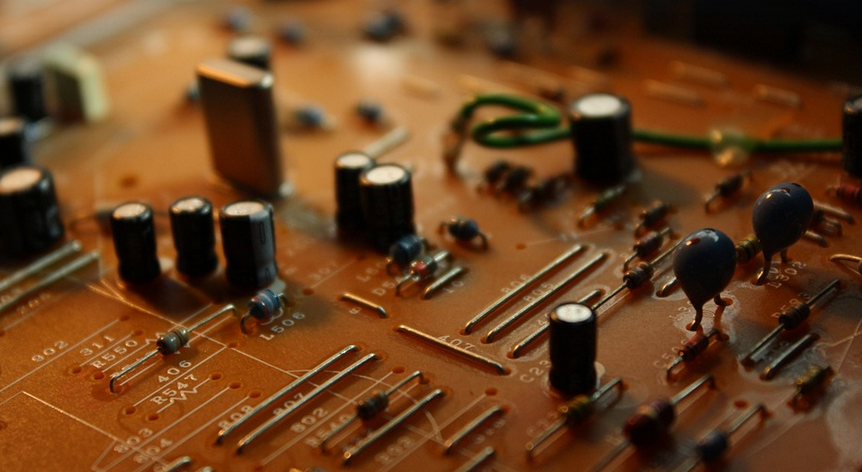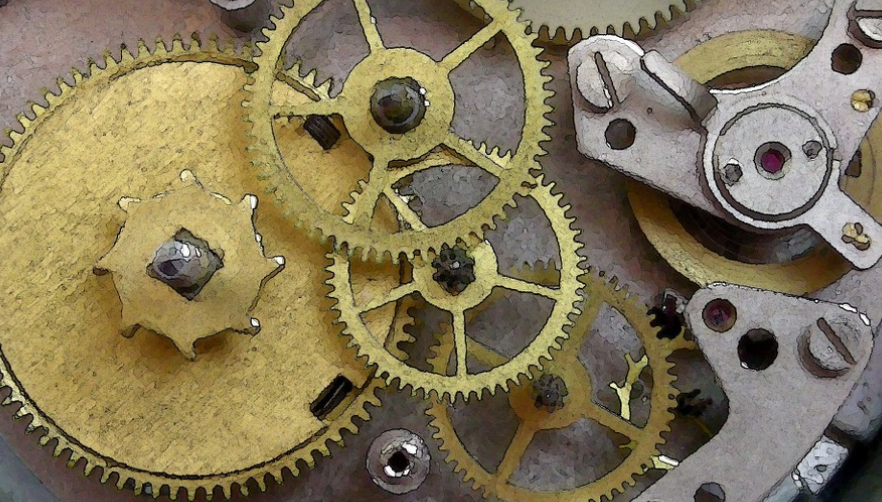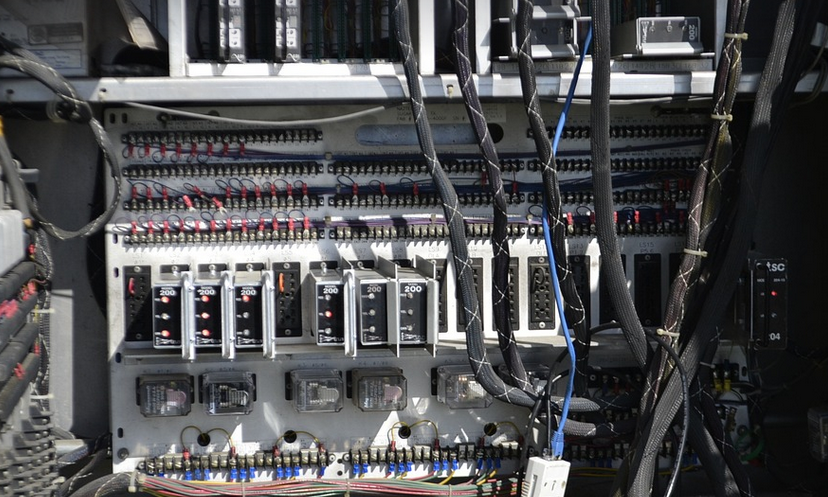Diving Deeper into the Golden Age
Alright history buffs, buckle up because we’re diving deeper into the thrilling world of Europe’s Age of Exploration in this episode. We’ve already covered the early voyages and exploration by Vikings, but today, things are getting exciting! Let’s journey through the 15th and 16th centuries, a time of groundbreaking discoveries, empires expanding, and a whole lot of cultural shakeups.
This era was like Europe’s wild west in terms of exploration. It started with Spain, Portugal, and their love affair with the Americas – think discovering what we call the “New World.” This ignited a domino effect that shook up not just global trade but also political standings. It’s important to remember this wasn’t just about finding new land; it was about forging connections, seeking resources, battling for power, and ultimately reshaping the cultural landscape of Europe and the world.
Let’s talk Spain first! We’re talking conquistadors, gold-fueled empires, and the legendary stories of Hernán Cortés conquering the Aztec civilization. Think about the tales of Pizarro’s rise to power in South America – a story that perfectly exemplifies their hunger for wealth. Then there’s Christopher Columbus, whose journey across the Atlantic was a game changer! It’s fascinating to think how his “discovery” of America literally opened up a pathway for European colonization.
On the other side of the world, Portugal and their explorer Vasco da Gama were making waves in Asia. They mapped out the sea routes to India – a breakthrough that not only fueled trade but also laid the groundwork for the spice trade empires. Imagine this: a whole network of interconnected traders, all driven by the pursuit of spices like cinnamon, pepper, cloves, and nutmeg! It’s a fascinating testament to how exploration can shape global economics.
But it wouldn’t be an Age of Exploration without some clashes, right? The European powers were battling for influence across the globe. From the Dutch seeking control over trade routes in Asia to France and England vying for colonies in Africa, the competition was fierce. Think about the rivalry between these nations – a dynamic clash of agendas that led to political tension and even armed conflicts.
The impact of this period on Europe was colossal. New ideas were blossoming, and empires were being challenged. The age sparked a global curiosity for knowledge and exploration, leading to advancements in technology, astronomy, cartography, and marine navigation. It’s a testament to the human spirit’s thirst for adventure.
This period also ushered in the Age of Enlightenment – a time of reason and scientific inquiry. Think about the rise of philosophers like Voltaire and Locke who challenged established traditions and championed individual liberty! The Age of Exploration created a cultural awakening that led to philosophical revolution, laying the foundation for modern democracy and human rights.
Of course, it’s crucial not to overlook the darker side of this era. Colonization brought about widespread suffering, exploitation, disease, and displacement. It also inadvertently paved the way for racial prejudice and systemic oppression that continue to impact societies even today. We must learn from history and strive to build a more equitable future.
Looking back at Europe’s Age of Exploration, it’s a story of ambition, discovery, conflict, and ultimately, transformation – a time when the world was reshaped forever. So next time you hear about Columbus or Magellan, remember that these stories are not just tales from the past; they reveal much about our present and our future.
The Age of Exploration left an indelible mark on the world, shaping continents, cultures, and economies. As we continue to explore and understand the complexities of history, let’s remember this era for its innovation, its challenges, and its lasting impact on the global stage.


